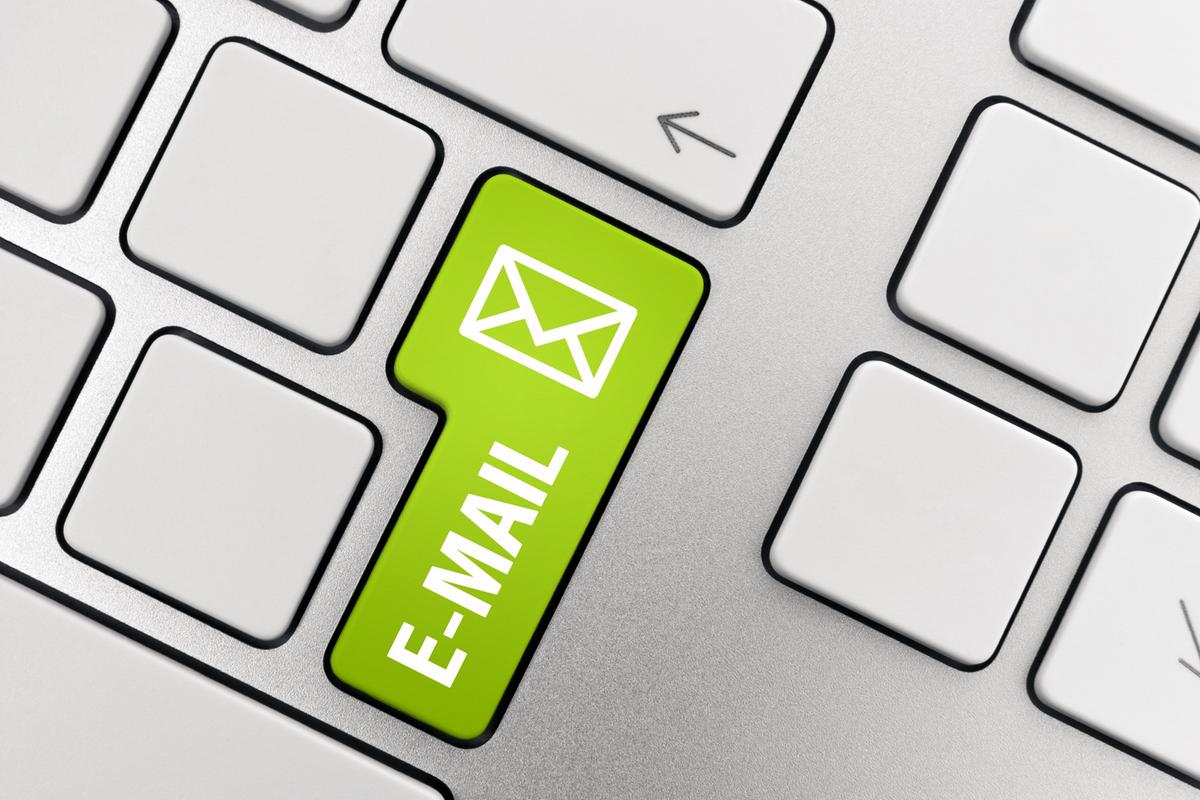Despite numerous communication channels being available, a large portion of work-related communication still takes place over e-mail. Whether you communicate with customers, business partners or colleagues, you will appreciate the following overview of fatal mistakes that you should avoid when writing e-mails as they make you look very unprofesssional.
Mistakes in dates and names
If the names of the addressee, other people or company are wrong, either in the subject line or body of the e-mail, you might be in for trouble. If people recognize that you are just sending them an e-mail that was originally written for someone else, they might feel justifiably insulted. Always make sure that all names and dates are correct in your e-mail.
Grammatical errors
We understand there are people who have problems with grammar and spelling, but your e-mail templates should always be error-free. If you are not sure how something is spelled, take time to look for the rule. Some people (and there are a lot of them) are very sensitive to grammatical errors.
Informal language
Informal vocabulary, joviality and addressing clients and media partners with too much familiarity will devalue you in their eyes. According to The Muse, this style might correspond to what your company does, but everything has its limits. Remember that not everybody likes humorous people, and many people immediately imagine an unprofessional person when you're too jolly.
Missing attachments
Before hitting „send“, go through your e-mail sentence by sentence and check that the file you say is attached is really there. Missing attachments are a typical sign of lack of attentiona and detail.
Sending e-mails before you finish them
You absolutely cannot send an email before it is finished. A typical mistake is a missing signature. If you have this problem, write the e-mail leaving the address line blank, and put it there only after you have finished checking the message thoroughly.
-mm-


